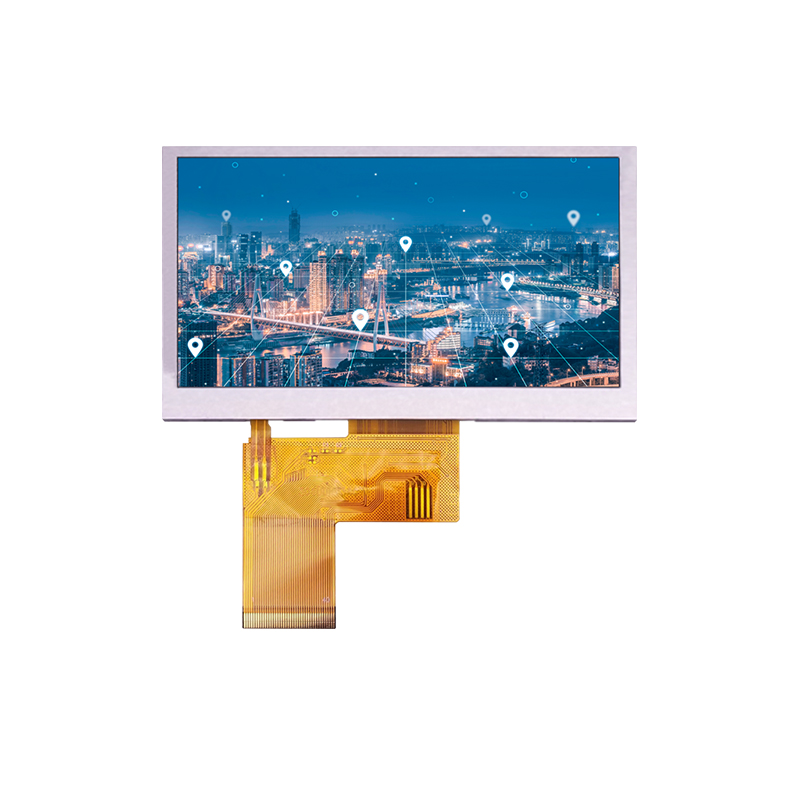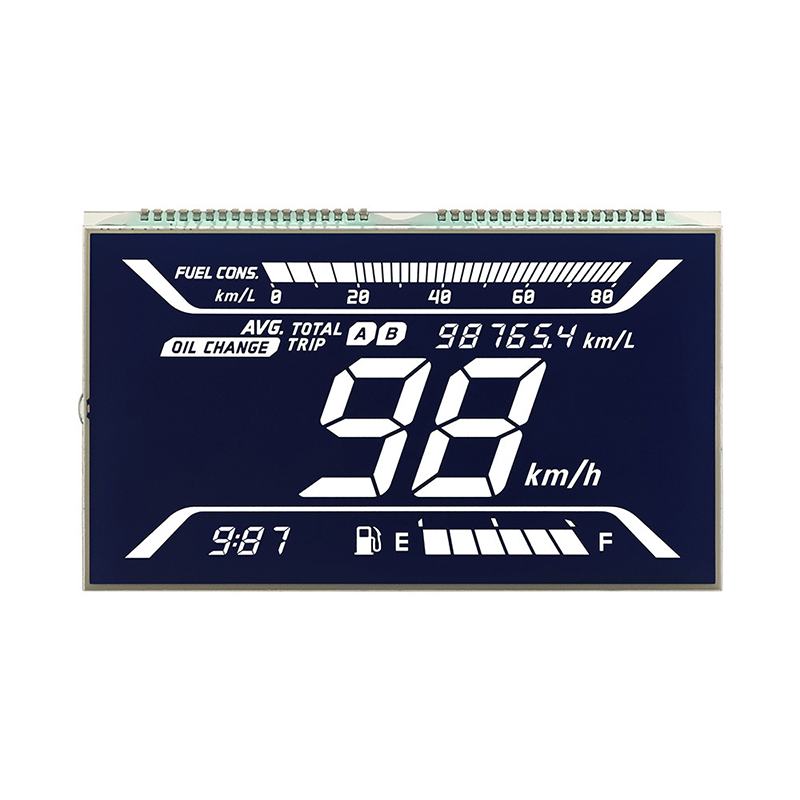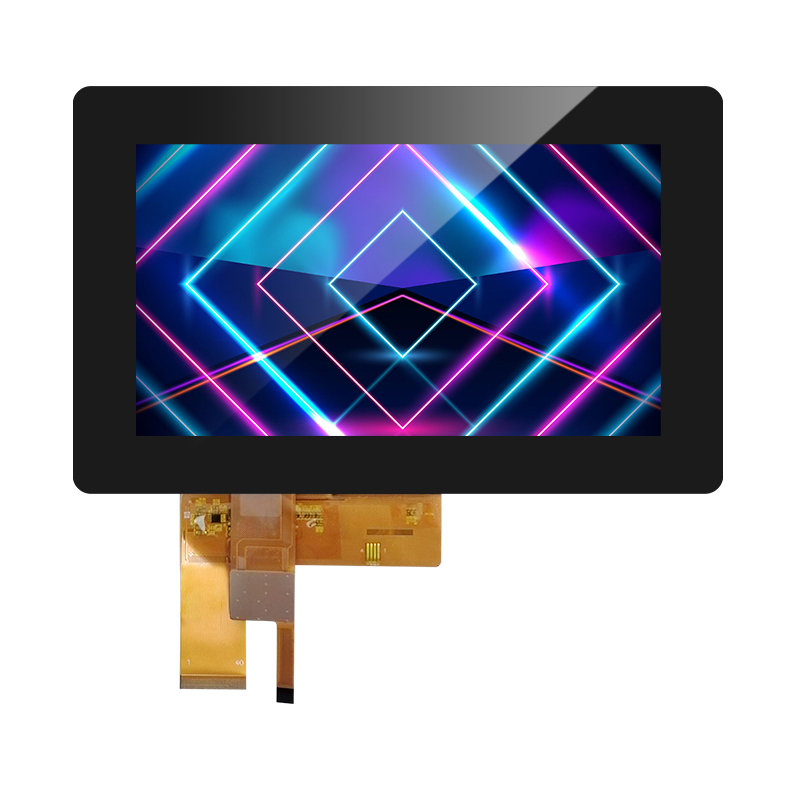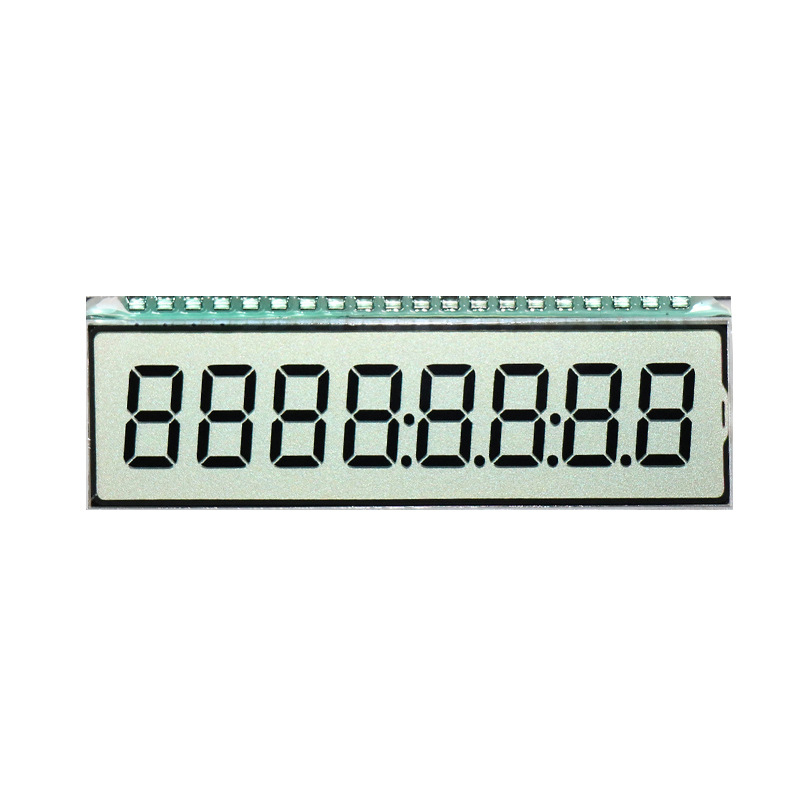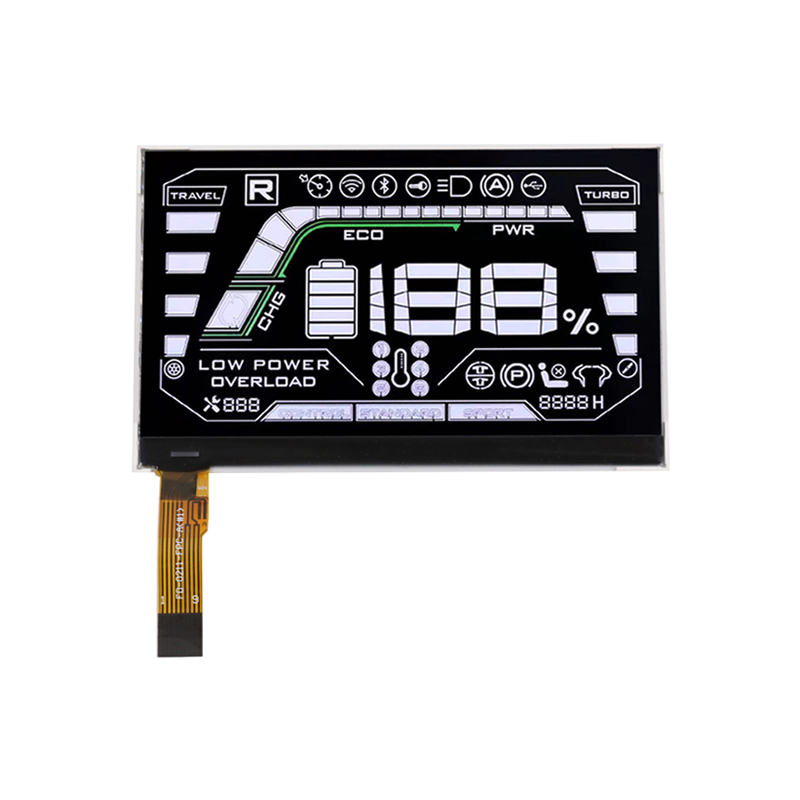Finding the Right 3.2 TFT Display Supplier: A Comprehensive GuideThis guide provides a detailed overview of selecting a reliable 3.2 TFT display supplier, covering key considerations, crucial factors, and valuable resources to help you make an informed decision. We'll examine different display types, sourcing strategies, and quality assurance methods to ensure your project's success.
Understanding Your Needs: Specifying 3.2 TFT Display Requirements
Before embarking on your search for a
3.2 TFT display supplier, clearly define your project's specific needs. This includes:
Resolution and Display Size
Confirm your exact requirement for a
3.2 TFT display. While the size is specified, the resolution (e.g., 320x240, 480x320) significantly impacts image clarity and the overall user experience. Consider the application – a higher resolution may be needed for detailed graphics or text-heavy applications.
Interface and Connectivity
Determine the necessary interface (e.g., SPI, parallel, LVDS) for seamless integration with your existing system. Ensure compatibility with your microcontroller or other control circuitry.
Brightness and Contrast
The brightness and contrast ratio directly influence visibility in different environments. Higher brightness is crucial for outdoor applications, while higher contrast improves readability in low-light conditions.
Operating Temperature Range
Consider the operating temperature range where the display will function. Extreme temperatures can affect performance and lifespan. Specify the required temperature range to ensure reliable operation.
Power Consumption
Power consumption is vital, especially for battery-powered devices. Lower power consumption translates to longer battery life and reduced energy costs.
Evaluating Potential 3.2 TFT Display Suppliers
Once you have established your specifications, carefully evaluate potential suppliers based on several key factors:
Quality and Reliability
Look for suppliers with a proven track record of delivering high-quality displays. Check customer reviews and testimonials to gauge their reputation for reliability and responsiveness.
Pricing and Lead Times
Obtain quotes from multiple suppliers to compare pricing and lead times. Consider the total cost of ownership, which includes not just the initial purchase price but also shipping, potential warranty claims, and other associated expenses. Lead times vary depending on supply chain conditions; plan accordingly.
Technical Support and Documentation
Adequate technical support is crucial for resolving any issues that may arise. Verify that the supplier offers comprehensive documentation, including datasheets, application notes, and sample code. Quick response times for technical inquiries are also essential.
Manufacturing Capabilities
Inquire about the supplier's manufacturing capabilities. Understanding their production volume, quality control processes, and certifications (e.g., ISO 9001) can help you assess their ability to meet your requirements and timelines.
| Factor | Importance | How to Evaluate |
| Quality | High | Check reviews, certifications |
| Price | High | Compare quotes from multiple suppliers |
| Lead Time | Medium | Inquire directly with suppliers |
| Support | Medium | Review online resources and contact the supplier |
| Manufacturing Capabilities | Medium | Request information on production capacity and quality control |
Finding Your Ideal 3.2 TFT Display Supplier
Many suppliers offer
3.2 TFT displays. Thorough research is essential. Online marketplaces and industry directories can assist you in identifying potential suppliers. However, remember to verify information independently.For a reliable and high-quality option, consider exploring companies specializing in display technology. A reputable manufacturer like
Dalian Eastern Display Co., Ltd. can offer a broad range of displays, technical support, and reliable manufacturing capabilities.
Conclusion
Selecting the right
3.2 TFT display supplier is a crucial decision impacting your project's success. By carefully considering your needs, thoroughly evaluating potential suppliers, and leveraging available resources, you can ensure you choose a partner that meets your requirements for quality, reliability, and cost-effectiveness. Remember to always prioritize quality and long-term partnerships over immediate cost savings.




